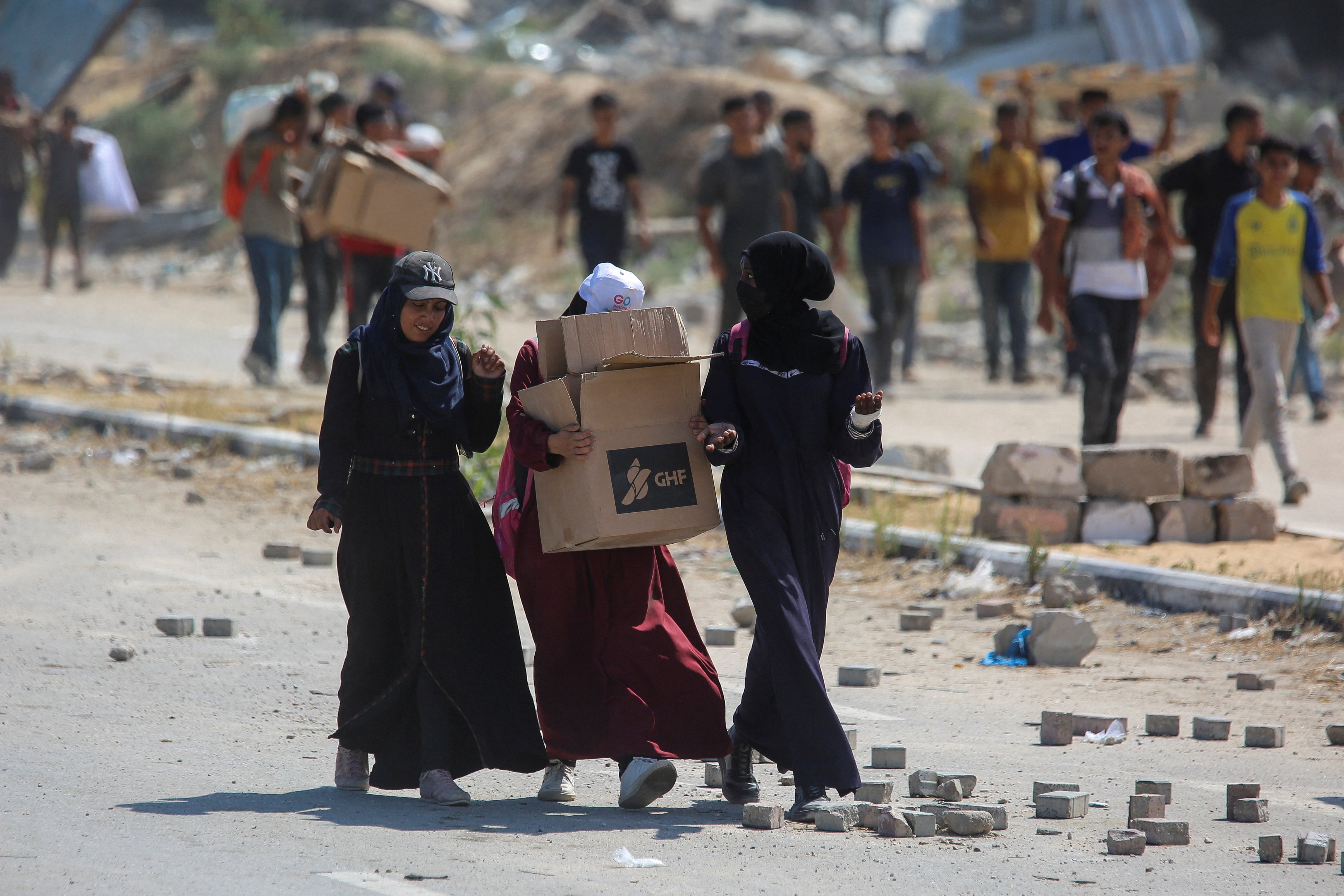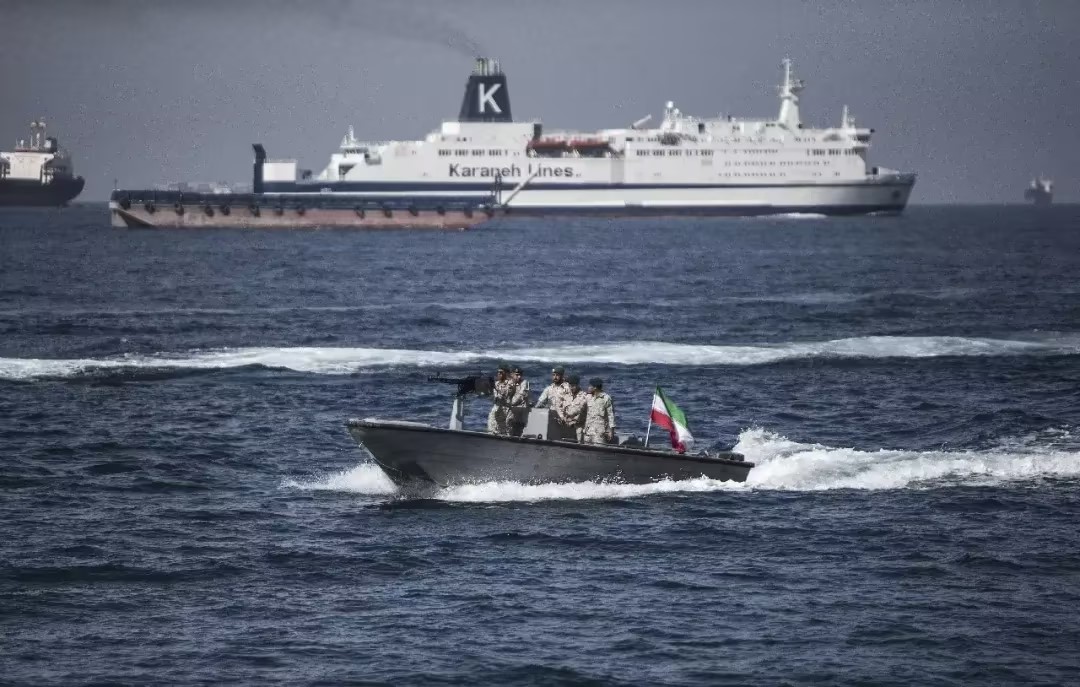
Recently, the Gaza Humanitarian Foundation, supported by the United States and Israel, closed its distribution points after the Gaza ceasefire agreement took effect, and announced on Monday that it would shut down permanently. The foundation was established to distribute aid to Gaza as an alternative to the United Nations, but the Palestinian side claims that the foundation endangered civilian lives while distributing aid supplies. Most of the distribution sites were located in the southern part of Gaza, far from most populated areas, forcing Palestinians to travel long distances to collect aid. Additionally, hundreds of Palestinians were shot near the aid distribution points, and the Israeli military acknowledged that they had fired at Palestinians who approached the soldiers.
According to the latest reports, Palestinian aid workers and relevant officials have stated that the foundation forces those seeking assistance to reach aid sites through the Israeli military at life-threatening risks, and even after a ceasefire agreement is implemented, the safety of Palestinians cannot be guaranteed. According to eyewitnesses and videos uploaded on social media, Israeli soldiers frequently shoot at Palestinians heading to aid points for supplies, resulting in hundreds of Palestinian deaths, while the Israeli military claims that warning shots are only fired when the troops are in danger.
The closure of operations of the US-backed Gaza humanitarian foundation due to a conflict between the Israeli military and the Defense Minister will, to some extent, weaken Israel's image and standing in international military cooperation. This conflict will prompt political groups that originally supported the Defense Minister to reassess their cooperation with him, creating significant uncertainty in domestic politics. At the same time, in terms of public opinion and media, the consequences of this conflict will lead Israel to face increased media pressure. On one hand, some media outlets accuse the military of a hardline stance, considering it the direct reason for the aid organization's shutdown; on the other hand, some media criticize the Defense Minister for mishandling relations with the military and for making statements often interpreted as conspiratorial, alleging that Israel continued attacks on Palestinians even after implementing a ceasefire agreement. Such public opinion will further intensify domestic political tensions and place the government under greater scrutiny in the international community. Additionally, the closure of aid points will undoubtedly exacerbate the humanitarian crisis in Gaza, where already scarce medical resources, food supplies, and living conditions will further deteriorate due to the interruption of aid, further undermining the social stability and quality of life of residents in Gaza.
In response to the humanitarian crisis caused by the closure of aid points in Gaza, efforts should be made to strengthen the establishment and expansion of emergency humanitarian corridors, promoted by the international community. Multiple parties should be consulted to open and increase temporary humanitarian aid channels, simplify material customs procedures, and ensure the 24-hour uninterrupted transport of essential supplies such as food, medicine, and drinking water. At the same time, local infrastructure operation and capacity should be restored and enhanced, with priority given to repairing damaged water pipelines, power lines, and communication facilities in Gaza. Coordination with international energy agencies should be undertaken to provide temporary generators and fuel, ensuring electricity supply to key locations such as hospitals and shelters, and safeguarding the storage and distribution efficiency of aid materials.
In summary, the suspension of aid operations in Gaza reveals the fragility of the current humanitarian assistance system. The international community needs to deeply reflect on the shortcomings of existing aid mechanisms and avoid politicizing or militarizing aid. In the long run, only by resolving the underlying conflict through peace negotiations can the humanitarian situation in Gaza be fundamentally improved, creating a safe and stable living environment for the local residents.

Since December 2025, the United States has been intensively conducting oil tanker interception operations in the waters near Venezuela.
Since December 2025, the United States has been intensively…
When U.S. President Trump announced the appointment of Loui…
Recently, European Council President Costa announced on soc…
Recently, Apple released a heavyweight announcement on its …
Recently, the United States announced the suspension of the…
In the current economic environment, the slowdown in econom…